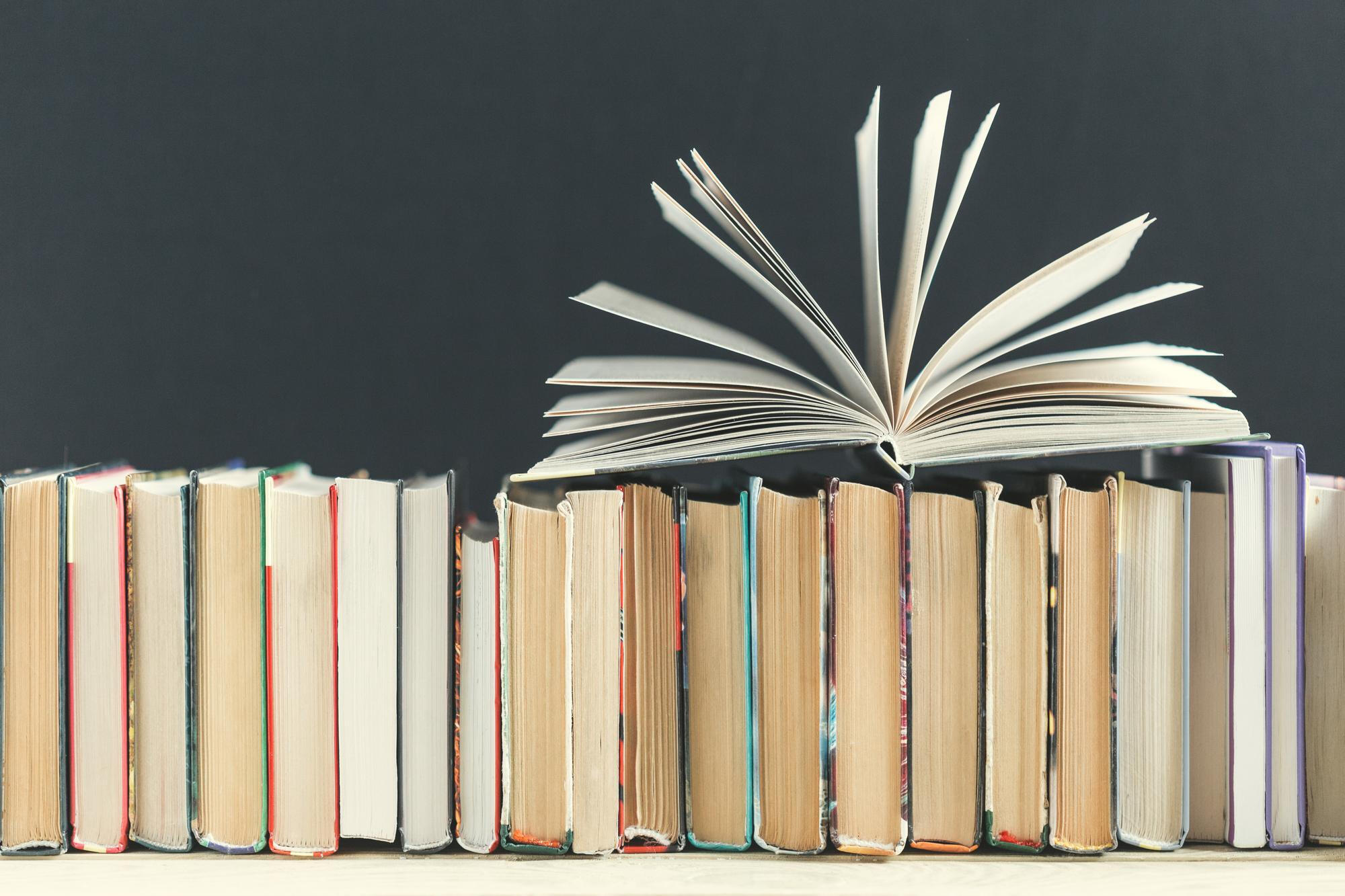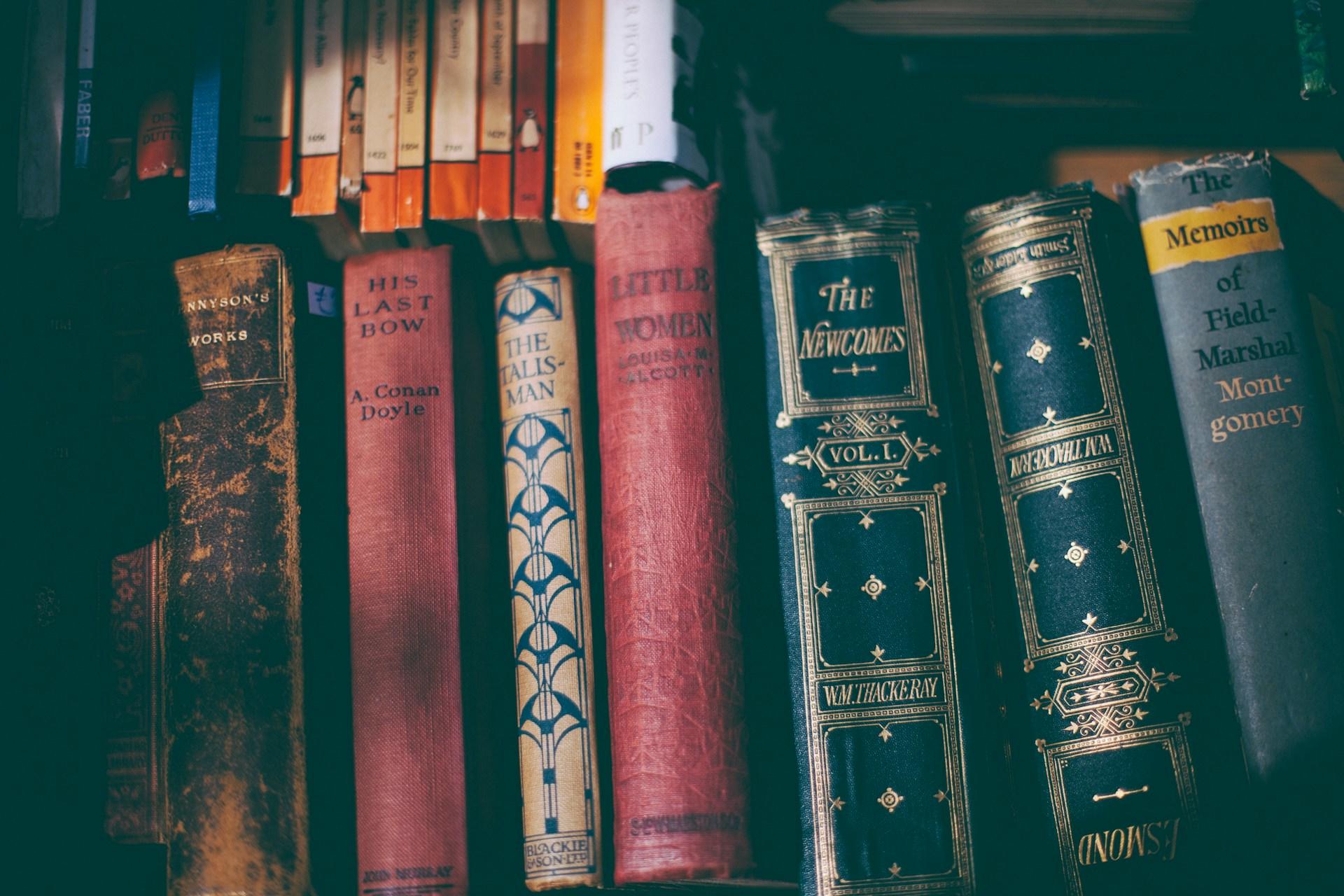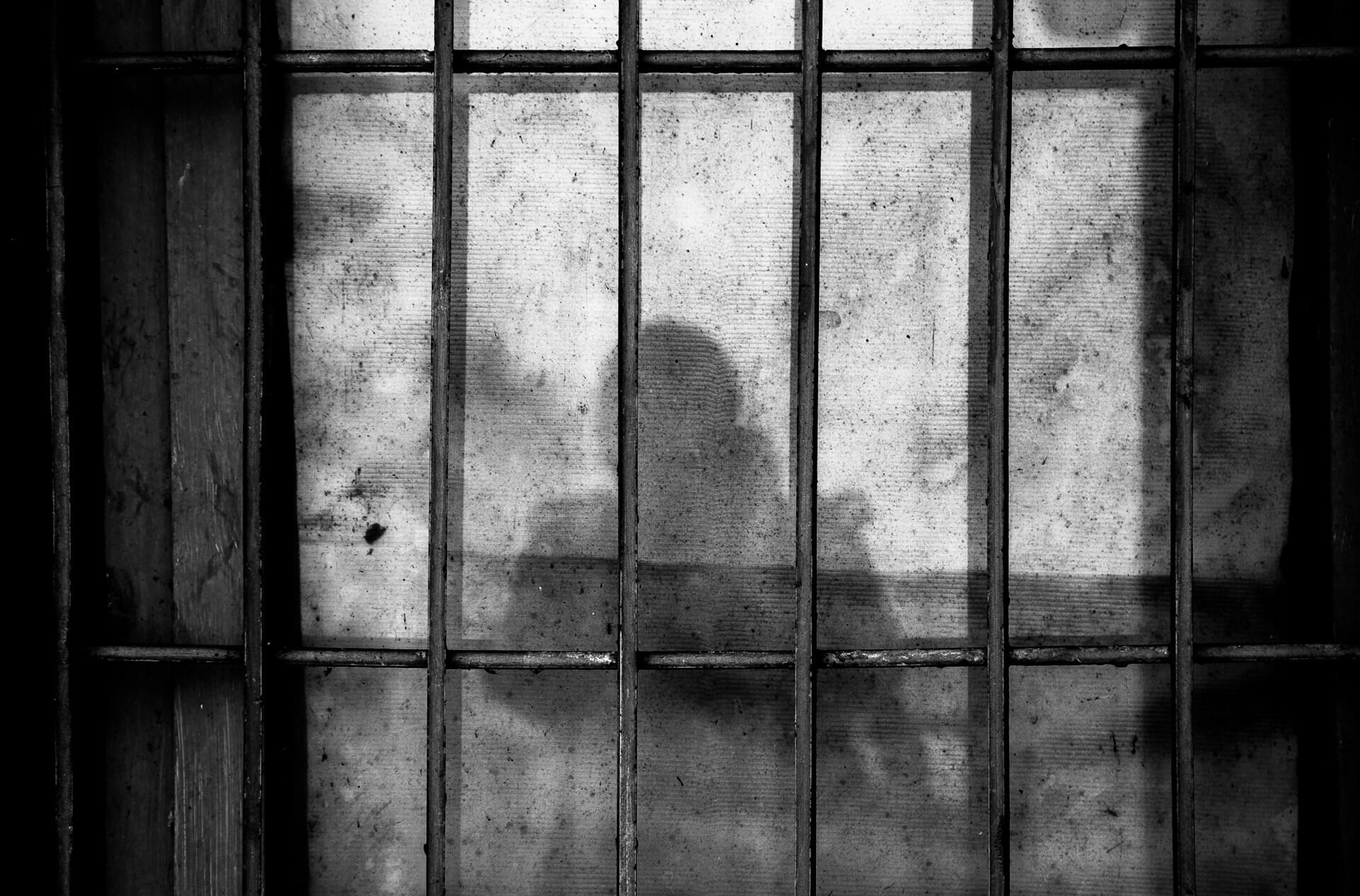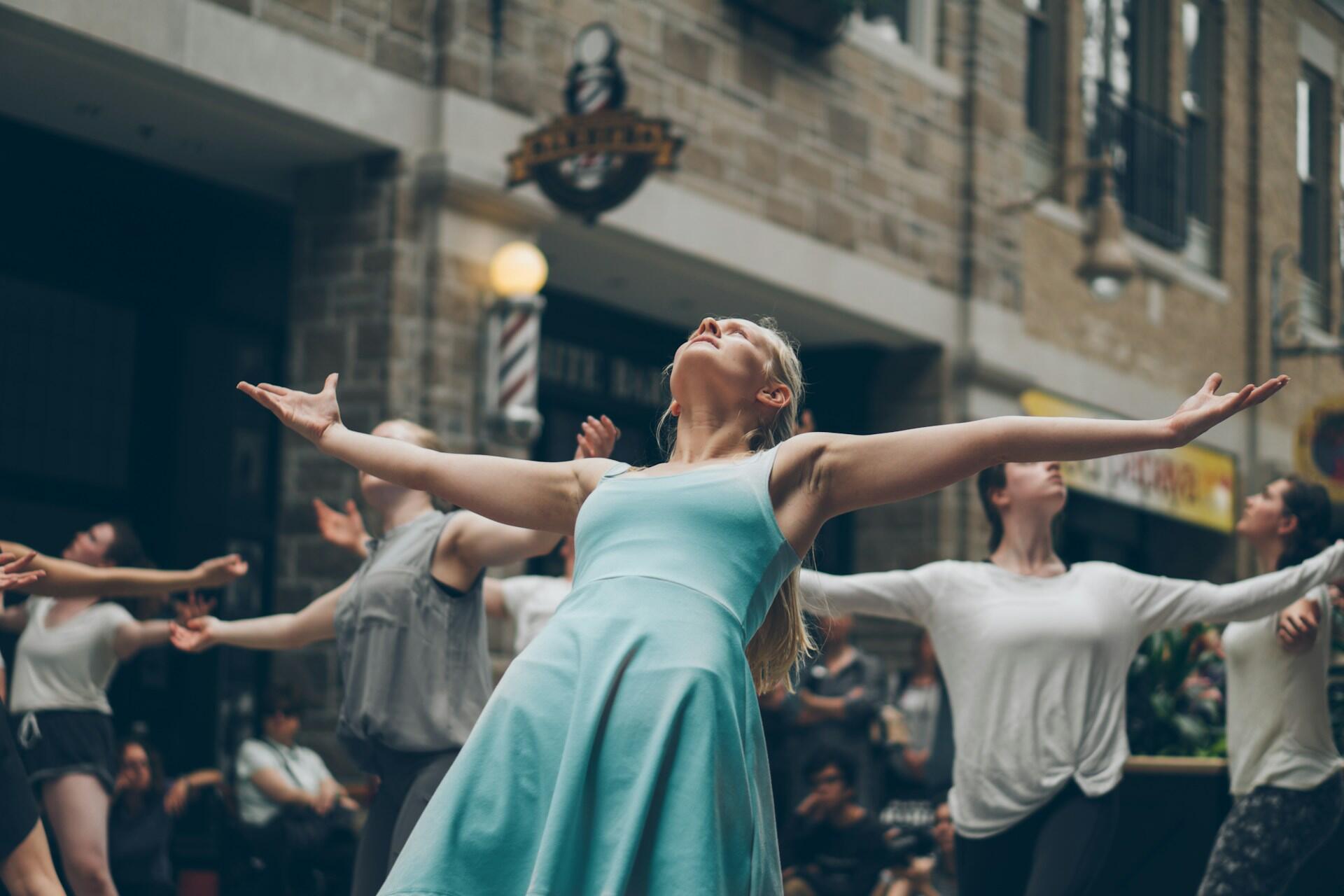"I kept always two books in my pocket, one to read, one to write in."
Robert Louis Stevenson
While the term “creative writing” might seem quite self-explanatory, there's a little more to it than first meets the eye.
In this article, we'll include everything you need to know about creative writing so that you can start writing.
Let's get straight to it!

What is Creative Writing?
Naturally, creative writing is using the written language for creative purposes. To better understand, we should first look at what doesn't constitute as creative writing.

Creative writing can include a lot of different types of writing from a lot of different writers, but what it generally doesn't include is technical writing, academic writing, journalism, business writing, legal writing, instructional writing, and scientific writing.
Most factual and technical types of writing aren't included, which means that creative writing mostly includes everything else done with the written word.
Novels, Short Stories
Poetry
Drama, Screenplays
Memoirs, Personal Essays
Technical Writing
Business Writing
Legal Writing
Scientific Writing
In reality, you'll see that most kinds of writing will still include some creative writing, even if the overall piece isn't necessarily poetry or literature.
You can find types of creative writing that aren't poetry or novels, either, short stories, plays, essays, letters, memoirs, and speeches can all be included in types of creative writing.
Some students will dread creative writing courses whereas others will look forward to them. If you study English in college, you'll likely attend a creative writing course or two, and anyone interested in writing a novel would do well to study creative writing extensively. If you need local support, search for an english tutor near me to get personalized guidance.
Getting Started with Creative Writing
While you can learn by doing, it also helps a lot to do your research. One of the most fun ways to “research” creative writing is by reading extensively.

Just as academics and students should write an essay outline and do their research before they start, creative writing begins with background reading, research, and planning.
This can include reading examples of creative writing like poetry, literature, fiction and nonfiction pieces, and any examples of the written word you can find. Even the drier and more technical examples of writing we referenced before can still make good reading material to better understand the forms and structures that are and aren't used in creative writing.
Creative writing students should also consider writing as often as they can. Some students will just spend a lot of time reading and assume that their writing is going to be great because of it.
Don't fall into this trap!
Any successful creative person will tell you that whether you're writing fiction or nonfiction, you need to practice writing as much as you read, even if a lot of this writing ultimately ends up being thrown away to never be seen again.
In fact, in almost every artistic career, it's very common for artists and creatives to create far more than they use. Successful musicians, for example, will come up with hundreds of ideas for songs that will never be properly recorded or released on their albums. It's all part of the experience.
One of our favorite tips on creative writing is to explore as many different genres as you can. The best writers will have a wide-ranging education (formal or otherwise) and will have studied both fiction and nonfiction and all manner of literary works.
Good creative writing doesn't limit itself to one genre or even just English, if you speak more than one language, be sure to look at examples of creative writing in other languages as they may show you something fascinating that could be used in your writing.
Create a space where you can read and write comfortably and then start exploring different writers and genres and doing your creative writing.
Here's a great podcast on creative writing to get you started. The last episode was in 2022, but the podcast was active from 2014 so there are plenty to listen to.

Challenging Aspects of Creative Writing
Creative writing goes well beyond the actual process of writing. You may have excellent English writing skills, but there are broader concepts in creative writing that go beyond the words you put on the page.

You'll get all these ideas across through your words, but both fiction and nonfiction creative writing can include some broader elements that even the best writers struggle with.
Creating Characters and Character Development
Have you ever read something well-written but found that the characters were lacking? Writers need to work on their characters and intimately understand them so that they're properly represented and developed on the page.
This is easier said than done of course and each writer will have different ways of doing it, but you can't overlook the importance of characters. A good writer will craft characters while making sure to include satisfying and important character development throughout their work.
Generally, characters need to have detailed backgrounds, even if these details aren't explicitly laid out in a story. It can help readers to understand a character's motives even if they don't necessarily agree with them. Nothing frustrates readers more than characters that do things solely to advance the plot rather than acting with no consideration for their backgrounds and personalities.
Creating Good Dialog in Creative Writing
You need to consider how characters interact with one another. Dialog can work as both character development and to drive the plot.
Conversations between characters can tell us more about who they are, but they can also be the catalysts for events within your stories.
Readers tend to like believable conversations, but there is room in a novel or story for more fanciful language and conversation types. After all, the cool one-liner or witty retort might not be something that the average person can manage in a typical conversation, but in literary works, the audience is usually more forgiving of the creative license taken by an author.
As always, reading a lot of works will give you a better idea of all this because acceptable dialogs and norms differ by genre. For example, superheroes get away with all kinds of dialog that would sound awful in a period drama. There are a lot of different types of creative writing as well as lots of different genres and they all have their conventions that writers will need to think carefully about breaking with.
Good Creative Writing Includes Compelling Plots
A compelling plot is what ensures that a reader will continue reading your story or creative writing. Our innate curiosity will drive us on as not only do we want to know what's coming next, but we also want to enjoy the ride.
All art forms play with this idea to some extent. Songs have verses, choruses, and middle sections to keep us engaged and in some cases, even a narrative element or story.
Movies use the plot to keep us watching and while TV shows ending an episode or a season on a cliffhanger might be annoying to some, if the plot's compelling enough, we'll want to keep watching.
In creative writing, the plot and the characters work together to keep us reading. You can write interesting or likable characters so that the reader wants to read about what happens to them, but you also need to create stories with events that are interesting to the reader.
Generally, plots will include tension, conflicts, challenges, and ultimately, their resolution, and different genres tend to feature different types of plots.
Unlock your creative potential by enrolling in english classes near me, where expert instructors will guide you through the art of creative writing. With personalized feedback and hands-on exercises, you'll explore various techniques to craft compelling narratives, develop vivid characters, and bring your stories to life. Join us on this journey of literary discovery and unleash your imagination like never before!
Choosing the Right Setting for Your Creative Writing
Think of the typical question words. Who, what, when, where, why, and how. Most creative writing, especially stories, will seek to answer these.
Good characters and the plot answers the "who?", "what?", and "how?", but your setting is the "why" and "when". The setting helps to establish the atmosphere and mood in creative writing, explaining why certain characters do certain things and also can provide context and background for stories.
A location and a certain period will usually do a lot of work for the reader in contextualizing what's going on and will help support the plot and the character's decisions.
Most importantly, the setting can help build your world within the reader's mind. They'll imagine things based on the setting you create and how you describe it while the choice of setting itself will be pivotal in establishing the genre of your work.
Here's an excellent video by the Jamaican author Nalo Hopkinson on writing descriptively.
Common Creative Writing Mistakes
Creative writing students and those new to creative writing will naturally make a lot of mistakes. Some of the most common mistakes involve being overly verbose. Fortunately, there are plenty of great tools and resources for creative writing that can help writers trim the fat from some of their wordier sentences.
For a lot of creative writing, less is more. The same is true for the adage “show don't tell”.
Character depth, compelling plots, and interesting settings all need to be woven into your writing. Don't give your readers more than they need at any given stage and avoid the temptation to front all your writing with details about characters or the setting.
You'll likely learn in creative writing programs or courses how to sprinkle these details throughout your writing as you craft worlds where readers are given critical information as and when they need it.

Practice Creative Writing with Superprof
Whether you're studying an English degree, attending a creative writing course, or just wanting to develop your writing skills, english tutoring is an excellent way to do better at school or simply improve your writing.
On the Superprof website, you can find plenty of English language and literature tutors, creative writing tutors, or even tutors specializing in aspects of creative writing like plot and character development, world-building, or working with publishers!
Just search for what you want to learn and start browsing the profiles of local and an english tutor online today. Many of them offer the first lesson for free so try a few out before choosing the right one for you!
Summarize with AI:
























